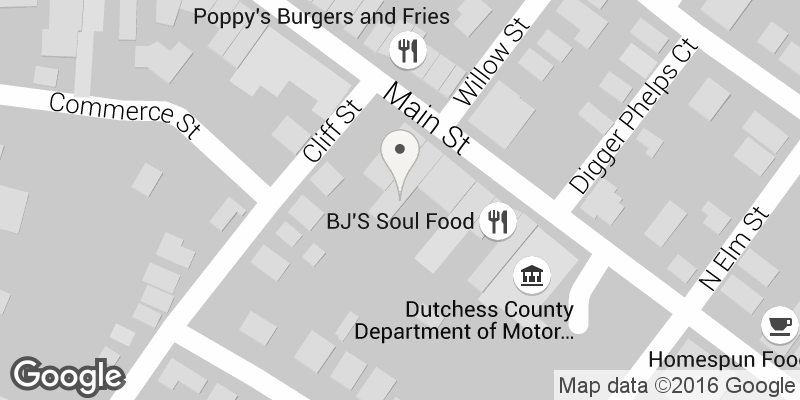Shane Rogers is on the move again. The last time we visited with Shane he was channeling Paul Stanley of KISS and before that making international headlines for his research on mold inhalation and ghost sitings. Now, the Clarkson University Associate Professor of Civil & Environmental Engineering is in Norway as a prestigious Fulbright Scholar to work with the Norwegian University of Science and Technology (NTNU) and the Foundation for Scientific and Industrial Research (SINTEF), Fisheries and Aquaculture in Trondheim, Norway.
He is conducting research on the use of macroalgae, or kelp -- an emerging aquaculture commodity -- for nutrient bioextraction and recovery from coastal waters that have been affected by human activities, with a focus on wastewater discharges to coastal regions.
Rogers will combine experimental and modeling approaches to investigate seasonal variations and water quality impacts on kelp growth and composition in response to nutrient discharges and to improve life cycle efficiency across the production chain, encouraging development of this important industry. He will work at the interface between his ongoing research activities and three new project efforts of his international partners.
Collaborating with researchers at NTNU, Rogers will study kelp aquaculture within the context of conventional and emerging nutrient recovery technologies for wastewater treatment operations in Norway and the United States.
With SINTEF Fisheries and Aquaculture, he will explore biorefinery development, or production of fish feed and bioenergy, using kelp grown in nutrient-rich wastewater plumes and assist in development of bioenergy technologies and optimization.
Under the direction of SINTEF Fisheries and Aquaculture, Rogers leads a group of United States researchers in the multinational "MACROSEA" effort. His project group aims to advance fundamental knowledge and predictive capacity regarding physiological and hydrodynamic processes that affect kelp cultivation systems designed for nutrient bioextraction.
The broader MACROSEA effort will create an interdisciplinary knowledge platform on fundamental production biology and technology for industrial macroalgae cultivation toward successful and predictable production of high quality biomass.
"Nutrients discharged in wastewater streams are valuable commodities that unrecovered, may lead to degradation of coastal waters," Rogers said. "Kelp, such as the species of focus in this study, is feedstock for a variety of useful products including fish and livestock feed ingredients, alginates, and bioenergy, among others.
"Cultivation of the oceans is inevitable to accommodate our planet’s growing population and declining space for land-based agriculture. Integrated solutions such as this -- that are cognizant of the nexus between food, water and energy security, are environmentally sustainable, and yield productive opportunities for economic growth are a win-win-win scenario. Development of fundamental science and technology to support these activities is an exigency for our next generation."
Rogers brings the number of Clarkson University faculty members to receive Fulbright Awards over the past decade up to 14. In all, 40 members of the faculty have received Fulbright Awards.
"This exciting opportunity provided by the Fulbright Foundation will strengthen relationships between our U.S. and Norwegian research groups and activities, develop knowledge towards sustainable wastewater management to replace our decaying, energy-intensive wastewater infrastructure, improve coastal environments, and assure competitive development of U.S. macroalgae-based industry," he said.



